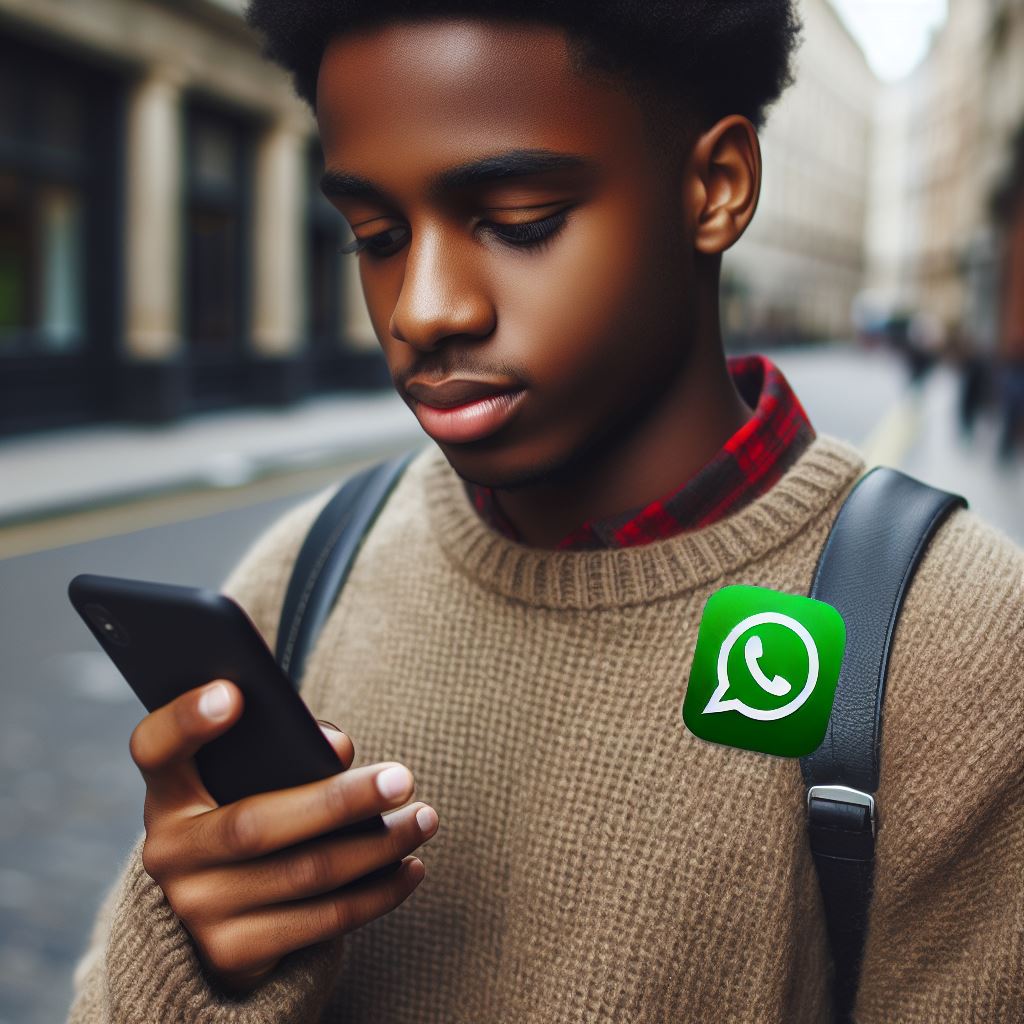Meta is currently developing a new feature in beta that promises to enhance security for WhatsApp users. Once this feature is rolled out to the stable channel, individuals can prevent others from capturing screenshots of their profile pictures, a development sure to be welcomed by those vigilant about online security.
Current WhatsApp Profile Picture Security Settings
Presently, WhatsApp users have limited options for controlling the privacy of their profile pictures, including settings for visibility to:
- All Contacts – where only your saved contacts can view your profile picture
- Everyone – anyone on the app can view your profile picture
- All Contacts Except … – you can select specific contact(s) not to view your profile picture
In addition to the measures mentioned above, Meta has also disabled the option for users to download the profile picture of another WhatsApp user. While that is all fine and dandy, someone can screenshot, apply some cropping, and perhaps some Photoshop here and there. They will have a crystal-clear and high-definition copy of your profile picture.
The Potential Cyberthreats from Profile Picture
Using someone’s profile picture without consent can open doors to various cyber threats. This threat is posed not only to the individual whose image is being used but also to their contacts, who could be deceived by false representations such as:
- Identity Theft: If someone uses your profile picture, they could use it with other stolen information to impersonate you online. This could lead to identity theft, where the perpetrator could access your accounts, commit fraud, or engage in other malicious activities in your name.
- Social Engineering Attacks: Cybercriminals may use your profile picture to create fake social media accounts or phishing emails that appear to be from you. They could then use these accounts to trick your friends, family, or colleagues into disclosing sensitive information or downloading malware.
- Reputation Damage: If someone uses your profile picture to engage in inappropriate or offensive behavior online, it could damage your reputation, particularly if people believe you are behind the actions. This could affect your personal and professional relationships and even lead to legal consequences in extreme cases.
- Cyberbullying and Harassment: Perpetrators might use your profile picture to create fake accounts with the intention of cyberbullying or harassing others. The victims may mistakenly attribute the actions to you, causing distress and potentially leading to further complications.
- Privacy Violations: Unauthorized use of your profile picture could violate your privacy rights, especially if it’s being used in a context that you wouldn’t approve of or if it’s being shared without your consent.
- Manipulation and Misinformation: Your profile picture could be altered or manipulated to create fake news, misinformation, or deceptive content. This could be used for various malicious purposes, including spreading propaganda, inciting unrest, or defaming individuals or organizations.
- Malware Distribution: Cybercriminals may use fake accounts with your profile picture to distribute malware. They could send malicious links or attachments to unsuspecting individuals, leading to malware infections on their devices.
To mitigate these risks, it’s important to regularly monitor your online presence, report any unauthorized use of your profile picture or identity, enable privacy settings on social media platforms, and educate others about the potential dangers of interacting with accounts that may be using your image falsely.
WhatsApp to Block Screenshotting Profile Picture
To mitigate the above risks, WhatsApp is currently working in beta on a feature that would stop users from taking screenshots of profile pictures. While this is a step in the right direction, someone can circumvent this feature by simply taking a picture using a second phone.
As we await the rollout of this new feature, users must remain vigilant and take proactive measures to safeguard their digital identities. By staying informed and proactive, we can collectively contribute to a safer online environment for all WhatsApp users.



